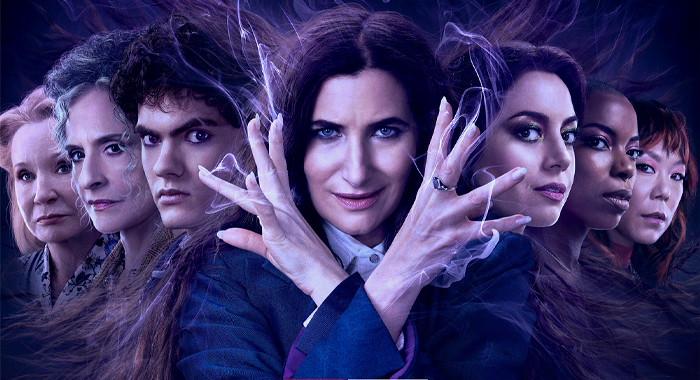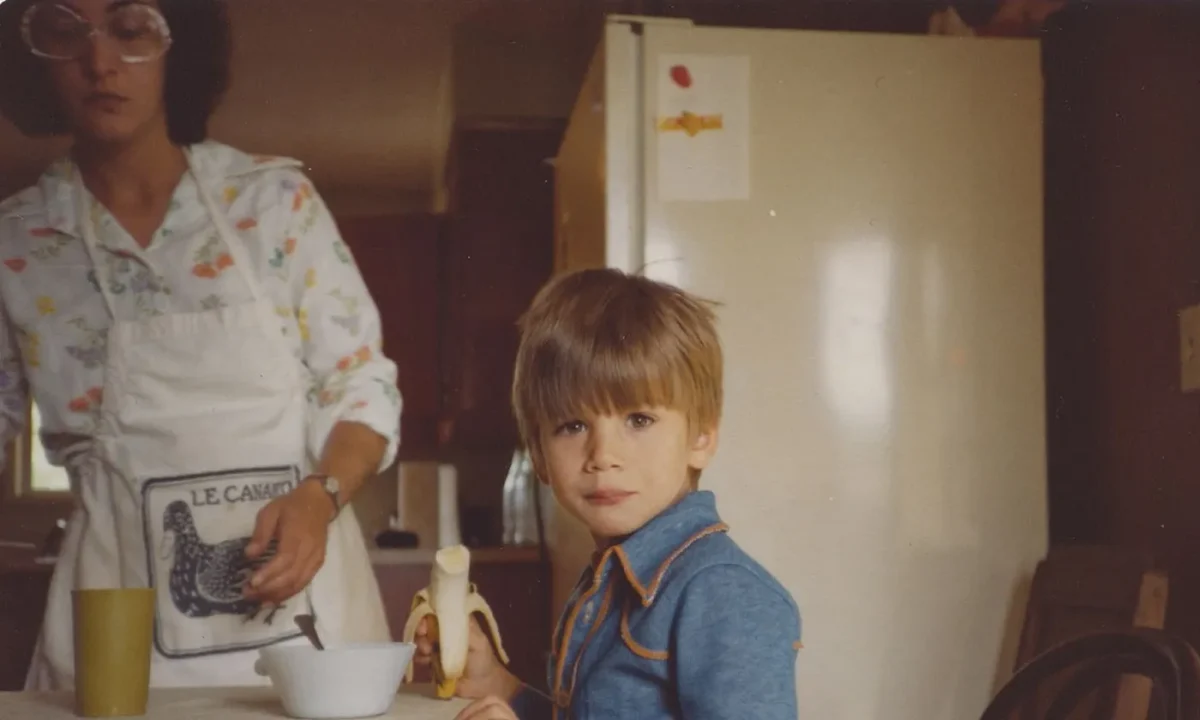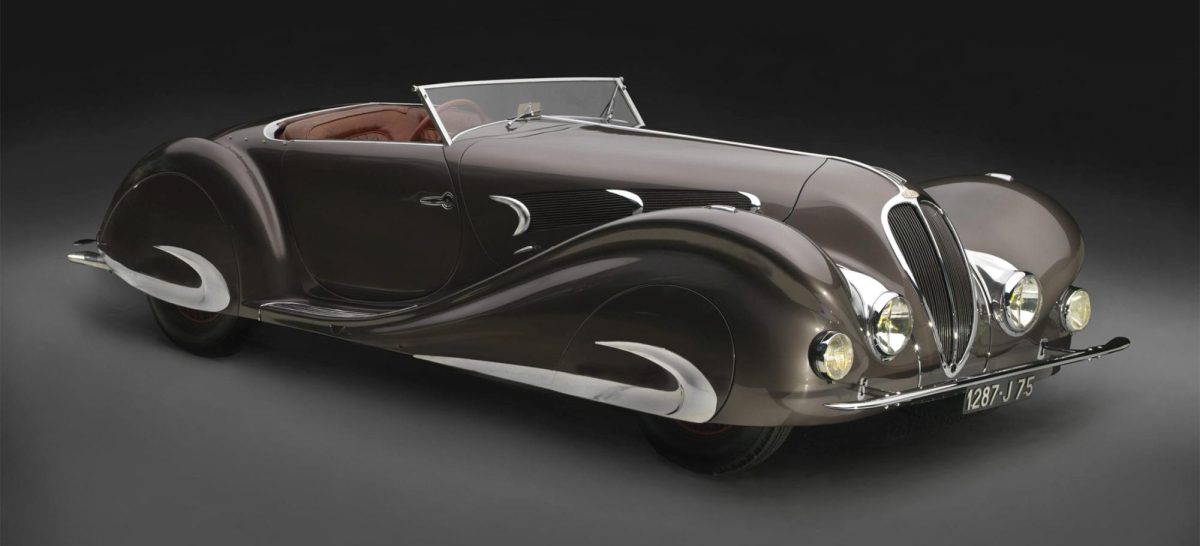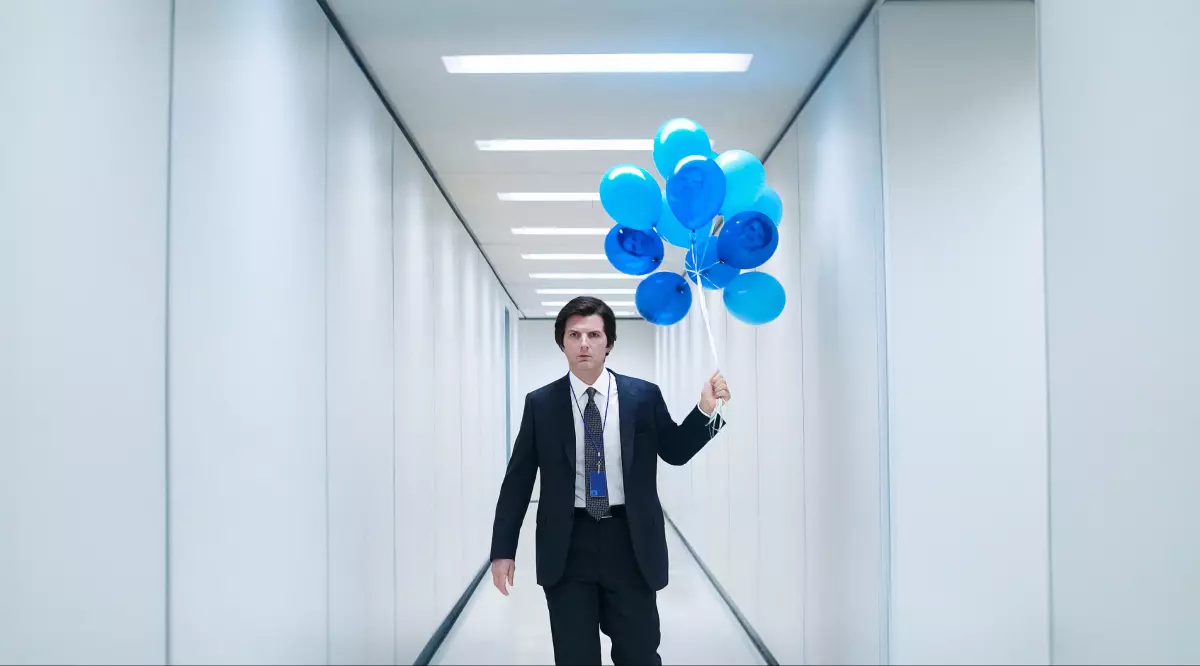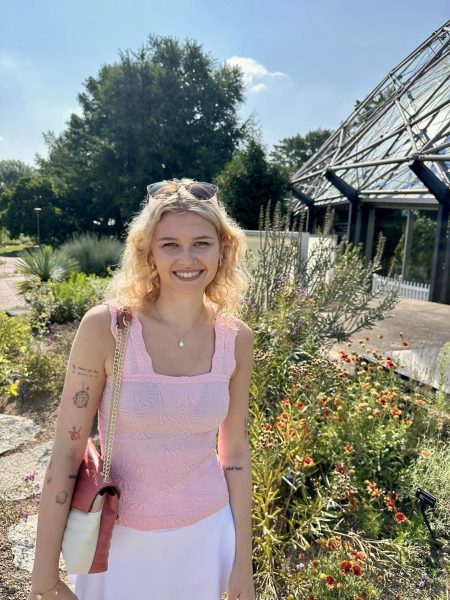One of the largest franchises in modern television history, Marvel has been chasing the success and mass media impact of its past projects ever since “Avengers: Endgame.” Many of the movies, shows and storylines released since then have fallen short, making fans wonder if the studio had taken on more than they could handle.
Just as many longtime fans started to lose hope in the franchise, Marvel recaptured its spellbinding allure with “Agatha All Along,” a highly anticipated “WandaVision” spinoff that centers on the character of Agatha Harkness, played by the ever-enigmatic Kathryn Hahn. After a recent period of mixed audience reactions and box office missteps, “Agatha All Along” feels like a breath of fresh air for the Marvel Cinematic Universe (MCU), blending wit, magic and a storyline that embraces inclusivity in a way no Marvel project has before.
At its core, “Agatha All Along” brings powerful, complicated female characters to the forefront, following a trend that the media has increasingly embraced in recent years. Female-driven stories have already proven successful in the MCU with characters like Black Widow, or Natasha Romanoff, and Wanda Maximoff, or Scarlet Witch, in their own respective projects. Agatha’s journey builds on that momentum.
The series dives deeper into Agatha’s internal and external world as she journeys through the Witches’ Road — a mystical path that holds the secrets to her lost powers. Accompanied by Joe Locke’s Teen, a queer character whose identity is normalized within the storyline, Agatha unites a coven of unique personalities, each adding depth and representation to the series without making identity the central plot device.
This groundbreaking and unpatronizing depiction of LGBTQ+ identities is one of the most praised aspects of “Agatha All Along.” Marvel has taken a decisive step toward normalizing queer identities within the superhero genre by introducing characters like Teen and Rio, portrayed by Aubrey Plaza, giving them a narrative presence that feels authentic yet unforced. Besides Locke’s character, who has a boyfriend, there is also a romantic storyline between Agatha and Rio, adding backstory and depth to Agatha, who served as the villain of “WandaVision.”
Seeing representation on screen is becoming more widely discussed and accepted, and it is reassuring to see that Marvel is finally keeping up with the times. Many queer fans have expressed a flurry of support for the show, pointing out that moments like Agatha’s lesbian flag-colored bracelet in episode five or scenes of Teen texting his boyfriend have made them feel connected to the characters in an incredibly special way.
The show embraces an environment that is dark and enchanted yet campy, building on Agatha’s established persona from “WandaVision.” It does all this while infusing a deeper exploration of self-acceptance, camaraderie and identity within a magical setting. The costuming and design evoke a gothic, witchy aesthetic that embraces Agatha’s dramatic flair, channeling a look reminiscent of drag-inspired theatricality. This approach was influenced by showrunner Jac Schaeffer’s vision of Agatha as an “icon” and a performer adept at “code-switching” to fit her surroundings.
The themes and plot points have resulted in the series being dubbed one of Marvel’s “gayest” projects to date — a title that Hahn humorously confirmed. This avoidance of patronizing queerness as a plot device allows for a wider variety of characters and stories to emerge, grounding Agatha’s journey not only in magic but also in community and acceptance.
Locke described his character’s queerness as “not the driving force of the plot,” a choice that lets identity exist naturally within a magical and thrilling storyline. This approach mirrors the real world, where identity is just one part of who a person is, adding a touch of realism to the supernatural drama and making the show feel both contemporary and forward thinking.
Marvel delivered a series that seamlessly blends powerful storytelling, character depth and representation, making “Agatha All Along” an unforgettable addition to the MCU. Its innovative choices and powerful female leads prove that Marvel is back in its prime, reconnecting with audiences in a way that is exciting, inclusive and undeniably magical.




